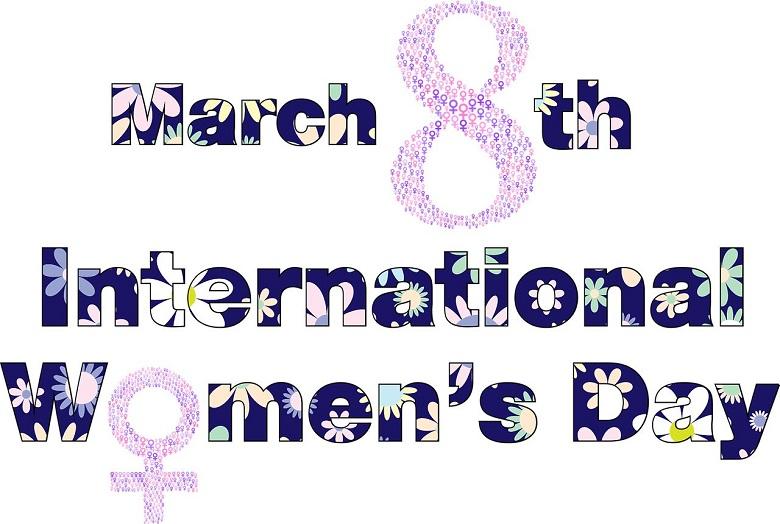For the 31st time since 1990, Chad is dedicating a week to the cause of women. Even if things are progressing, African women still have more problems than rights. President of the National Human Rights Commission of Chad lists the major priorities, such as access to education and the fight against violence against women.
Just before International Women’s Day, which is celebrated on March 8 all over the world, a week dedicated to women’s cause is organized in Chad. For more than thirty years, this African country, like its neighbours, has been advancing on this thorny path of the fight for gender equality.
A day of reflection
The promotion of women in Africa – and in Chad in particular – is gaining ground, believes Oumar Djidda, president of the National Human Rights Commission (CNDH) of Chad. This dynamic could take her country much further than simple laws that allow women to access decision-making positions.
“The Chadian woman of today is fighting to take her place. I think this day should not be a day of celebration, but it should be a day of reflection. To move forward together and encourage other women who have not yet reached a certain level of education.”
Education remains at the centre of the problem, and it is the beginning of all inequalities, underlines Oumar Djidda. According to Oumar, in Chad, the emphasis has been on women’s education, and today there are even more girls than boys in schools.
Low income
The pandemic has worsened the precarious situation in which women find themselves. Most of them make their living through daily activities, which have been repeatedly interrupted by a series of lockdowns and restrictions of all kinds. According to the president of the CNDH, now is the perfect time for governments to act and help.
“All governments must think about accompanying measures because above all, women do not have enough income in Africa, and the majority of women have no income at all. The majority of our mothers and our sisters in Africa are in the business, so we have to help them with a real government support plan.”
Economic hardship due to Covid-19 is also greater among women, according to a World Bank report. Informal workers, most of whom are women, make up over 90% of the workforce in sub-Saharan Africa. Jobs in the informal sector are particularly threatened during the pandemic.
Violence against women
The Covid-19 epidemic has worsened women and girls’ situation in all aspects of human security – economic, food, health, personal, community, environmental and political. The eternal question of violence that women suffer has become burning in these times of pandemic.
“We record several categories of violence against women. The most important among the violence is sexual mutilation, in the south of our country, we count several hundred girls excised per year, and it is the fight of the National Commission of Human Rights that I lead.”
FGC has been criminalized in Chad for a long time. Still, law enforcement is bypassed at all levels concerning this barbaric practice, rendering awareness unnecessary, and hundreds of thousands of Chadian girls are disabled for life, with physical and psychological consequences.
In Chad, 1 in 5 women report being a victim of physical violence and 12% of women experience sexual violence each year. 35% of girls are married before the age of 15, and 44% have experienced female genital mutilation (Multiple Indicator Demographic and Health Survey). In addition to physical violence, others exist, explains the president of the National Human Rights Commission.
Divorce
The woman, in the event of a divorce, does not fully benefit from her rights. Even in the event of her husband’s death, in all that concerns the inheritance, often one releases the woman and one sells the goods and sometimes even one leaves the children without anything. This is part of the violence that they encounter a lot in Chad.
International Women’s Day, also known as IWD, grew out of a labour movement in 1908 to become an annual event recognized by the United Nations. Today, it is all the more a day when women from all over the world can come together in the same spirit, supported by all the international organizations which advocate a world of equity and security for all.
